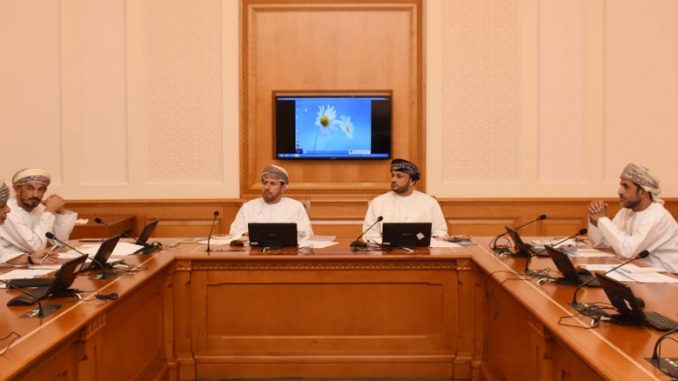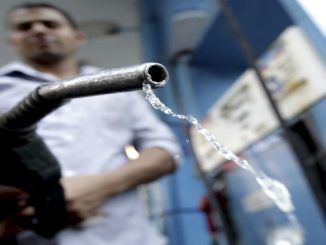
The Omani Shura Council has called on the government to absorb cost of fuel fluctuating prices
The Committee for Addressing Implications of Economic Crisis and its Effects on Omani Society at Shura Council, which met on Wednesday, said that in line with the needs of citizens, the government should bear the difference in prices of petroleum products.
Mohammad Al Ghasani, vice-chairman of the Shura Council, said that the it is important to have fuel prices ceiling.
“It is very important to make sure that people in low-income groups do not get affected with the hike in fuel prices, and there should be a mechanism to help those people,” he said.
The committee members said that with the increase in fuel prices this month owners of private vehicles, taxis and heavy vehicles would be affected, which would lead to rise in prices of other things.
The committee members also stressed the need to introduce alternative means of transportation in the face of rising fuel prices.
The Ministry of Oil and Gas announced the fuel prices for February on Tuesday after which diesel will cost 205 baisa per litre, compared to 195 baisa in January, the highest ever in Oman.
M91 will cost 186 baisas per litre, compared to 176 baisas last month, while M95 will be 196 baisas per litre, up from 186 baisas in January.
In January 2016, when government started reviewing the fuel prices, diesel was costing 146 baisas a litre and M95 120 baisas.
Meanwhile, many Omanis via social media platforms urged the government to reduce the fuel prices. They also proposed to provide a monthly allowance to low-income families to help them buy fuel.
The 2017 general budget of Oman focuses on austerity measures and spending cuts owing to the plunge in oil prices. The government spending this year is estimated at 11.7 billion rials (Dh111.3 billion) and revenues 8.7 billion rials, which would result in a deficit of 3 billion rials.
Oman posted a budget deficit of 5.3 billion rials in 2016, as revenues declined by more than 30 per cent. The actual deficit has turned out to be much higher than expected; it was 4.8 billion rials in the first 10 months of 2016, according to official data.



